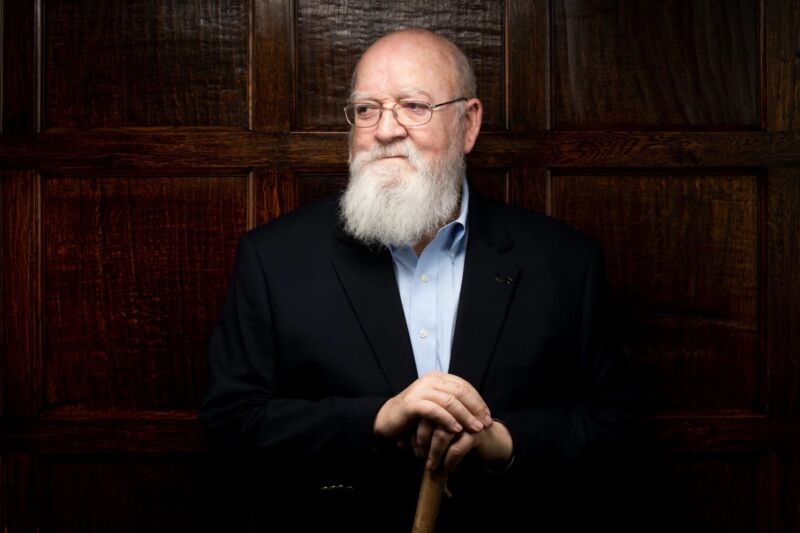Here is the audio and transcript . She is one of my favorite contemporary American writers, most notably in The Mare, Veronica, and Lost Cat. Here is part of the episode summary:
She joined Tyler to discuss the reasons some people seem to choose to be unhappy, why she writes about oddballs, the fragility of personality, how she’s developed her natural knack for describing the physical world, why we’re better off just accepting that people are horrible, her advice for troubled teenagers, why she wouldn’t clone a lost cat, the benefits and drawbacks of writing online, what she’s learned from writing a Substack, what gets lost in Kubrick’s adaptation of Lolita , the not-so-subtle eroticism of Victorian novels, the ground rules for writing about other people, how creative writing programs are harming (some) writers, what she learned about men when working as a stripper, how her views of sexual permissiveness have changed since the ’90s, how college students have changed over time, what she learned working at The Strand bookstore, and more.
It is perhaps a difficult conversation to excerpt from but here is one bit:
COWEN: You once quoted your therapist as saying, and I’m quoting him here, “People are just horrible, and the sooner you realize that, the happier you’re going to be.” What’s your view?
GAITSKILL: [laughs] I thought that was a wonderful remark. It’s important to note the tone of voice that he used. He was a Southern queer gentleman with a very lilting, soft voice. I was complaining about something or other, and he goes, “People are horrible. They’re stupid, and they’re crazy, and they’re mean , and the sooner you realize that, the better off you’ll be, the more you’re going to start enjoying life.”
I just laughed, because partly it was obvious he was being funny, and it was a very gentle way of allowing my ranting and raving and acknowledging the truth of it. Gee, I don’t know how anybody could deny that. Look at human history and some of the things that people do. It was being very spacious about it and just saying, “Look, you have to accept reality. You can’t expect people to be perfect or to be your idea of good or moral all the time. You’re probably not either. This is what it is.”
I thought that was really wisdom, actually.
I am very pleased to have had the chance to chat with her.
The post My excellent Conversation with Mary Gaitskill appeared first on Marginal REVOLUTION .

chevron_right

